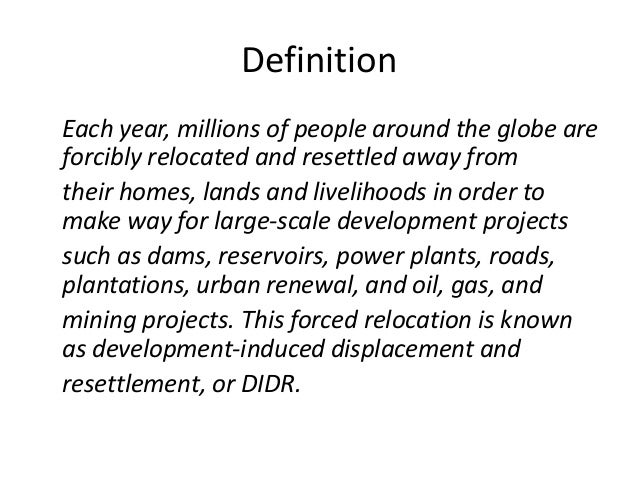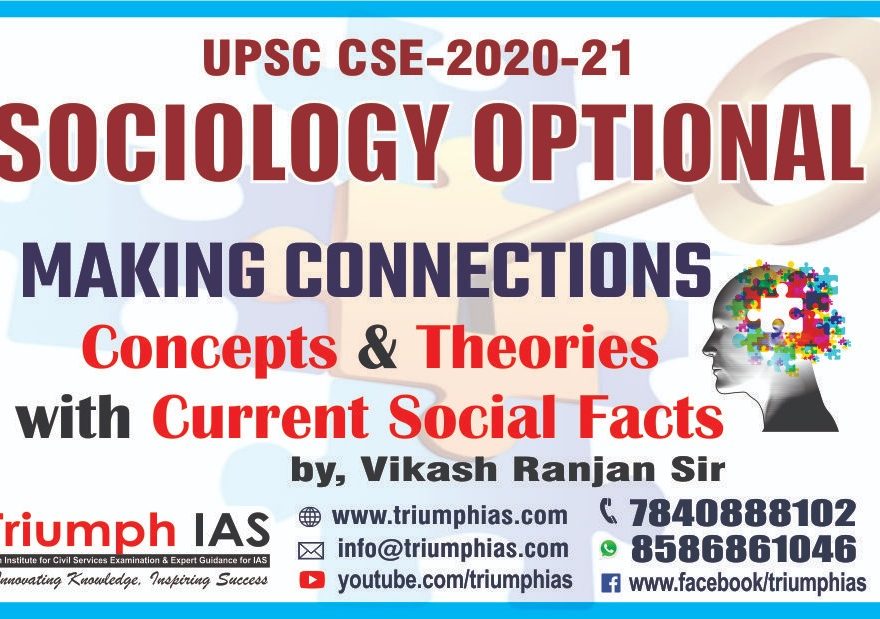Relevance: Sociology: Migration & G.S paper: I: Society and social issues

Recent lockdowns across INDIA because of spread of pandemic COVID-19 has resulted in large scale reverse migration from developed metro cities towards towns and villages, but this not the only cause, reverse migration has been granted the lowest attention ever while studying migration cycle.
This is unfortunate because perceptions about the process of returning to the place of origin and attitudes towards returning migrants have a significant impact on migrants and their host communities. Rollback, sometimes called remigration, is considered by some authors as the final stage of the migration process.
“sociological significance of migration”
Migration, according to Eisenstadt, refers to “the physical transition of an individual or a group from one society to another. This transition usually involves abandoning one social-setting and entering another and different one.” Mangalam also stresses the permanent shifting of people in his definition and considers migration as a relatively permanent moving away of a collectivity, called the migrants, from one geographical location to another.
Migration is the third component of population change, the other two being mortality and fertility, influenced by the wishes of persons involved. Usually each migratory movement is deliberately made, though in exceptional cases this may not hold true. Thus, migration is a response of human organisms to economic, social and demographic forces in the environment.
Researchers have, from time to time, suggested various types of migration while taking into account space, time, volume and direction. On the basis of space, there are four important streams of internal migration. These are:
i) Rural to rural
ii) Rural to urban
iii) Urban to urban
iv) Urban to rural
There are some important characteristics of the migrants and migration. An important characteristic is the age selectivity of the migrants. Generally, young people are more mobile. Most migration studies, especially in developing countries, have found that rural-urban migrants are predominantly young adults and relatively better educated than those who remain at the place of origin. Another important characteristic is that the migrants have a tendency to move to those places where they have contracts and where the previous migrants sere as links for the new migrants, and this chain is thus formed in the process, and is usually called chain migration.
REASONS FOR MIGRATION
- The major reason of voluntary migration is economic. In most of the developing countries, low agricultural income, agricultural unemployment and underemployment are the major factors pushing the migrants towards areas with greater job opportunities. Even the pressure of population resulting in a high man-land ratio has been widely recognised as one of the important causes of poverty and rural outmigration. Thus, almost all studies indicate that most of the migrants have moved in search of better economic opportunities.
- Socio-Cultural and Political Factors: Improved communication facilities, such as, transportation, impact of the radio and the television, the cinema, the urban-oriented education and resultant change in attitudes and values also promote migration. Sometimes even political factors encourage or discourage migration. For instance, in our country, the adoption of the jobs for ‘sons of the soil policy’ by the State governments will certainly affect the migration from other states Rollback, sometimes called remigration, is considered by some authors as the final stage of the migration process, which further comprises the step preparation / decision to migrate and actual migration phase or installation of migrant destination country selected. Etc.
CURRENT DEVELOPMENTS AND THE CHARACTERISTICS OF THE PHENOMENON OF MIGRATION AND CAUSES OF REVERSE MIGRATION
Decisions to migrate or to return to their home towns are not taken at the individual level but at the level of domestic groups or families, although the reasons for those members may be diverse, sometimes conflicting. But empirical studies show that reintegration in the place of origin is not exactly a smooth one.
SOCILOGICAL PERSPECTIVE ON CURRENT REVERSE MIGRATION
According to parson’s migration in industrialised society results in nuclear families, he argues Nuclear family is no related to industrial society because it is a product of it.
EFFECT OF COVID 19 ON REVERSE MIGRATION
Most of workers and labourers who are migrating back to their origin places lives in a nuclear family or alone in developed industrialized society,leaving back their old age parents and sometimes wife and children too, who are most vulnerable to the pandemic disease with no or less money to survive during complete lockdowns across nation.
WHY THEY ARE MIGRATING BACK IN SUCH HEALTH EMERGENCY SITUATION
- TO LOOK AFTER THEIR OLD AGES PARENTS, CHILDREN, AND WIFE WHO ARE MOST VULNERABLE TO THE SITUATION- 85% to all deaths because of COVID19 has average age of 59 as per reports.
- CITIES ARE MORE EXPOSED TO FOREIGN TRAVELLERS, AS COVID 19/CORONA VIRUS SPREAD ACROSS INDIA FROM FOREIGN TRAVELLERS ONLY.
- NON-AVAILABILITY OF FOOD AND WORK FOR WHICH THEY HAVE MOVED TO INDUSTRIALIZED CITIES, THE WHOLE PURPOSE CAME TO AN END, SURVIVAL WAS QUESTIONED AFTER LOCKDOWNS.
- SOCIAL BOYCOTT BY OWNERS AND EMPLOYERS WHO DENIED HELP AND SUPPORT.
- BLACK MARKETING AND HORDINGS BY SHOPKEEPERS FURTHER DENIED EXISTENCE OF LABOURERS AND WORKERS, BECAUSE OF PRICE RISE IN ESSENTIAL COMMODITIES.
In many states when they reached back to their origin place, they have been termed as PARDESHI after the return and have been boycotted from society, which has results into emotional distancing, in a cultural society such as India, it will be hard for communities to accept the migrants when there is an ongoing health emergency across nation.
This is especially unfortunate because perceptions about the process of returning to the country of origin and attitudes towards returning migrants have a significant impact on migrants and their host communities. This is especially unfortunate because perceptions about the process of returning to
the country of origin and attitudes towards returning migrants have a significant impact on migrants and their host communities.
This is especially unfortunate because perceptions about the process of returning to the country of origin and attitudes towards returning migrants have a significant impact on migrants and their host communities.
For more such notes, Articles, News & Views Join our Telegram Channel.
Click the link below to see the details about the UPSC –Civils courses offered by Triumph IAS. https://triumphias.com/pages-all-courses.php

